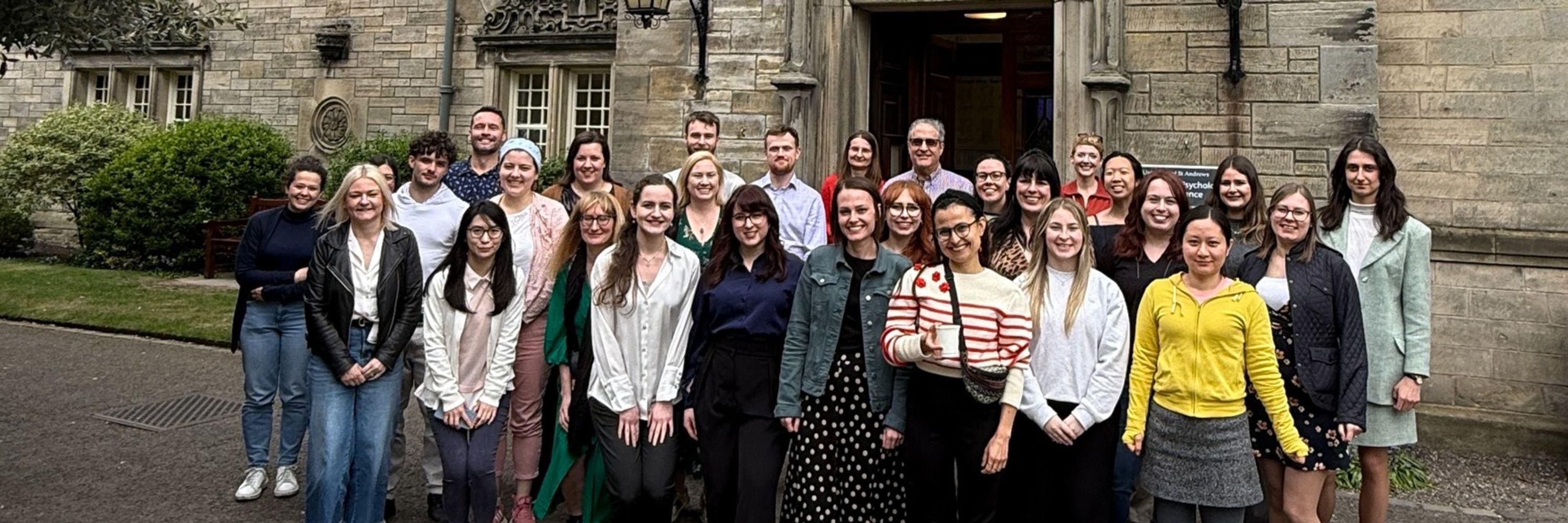

If you'd like to join SCAN, send a message or sign up via the link in the bio. As you can see, we're a friendly bunch!
The multi-disciplinary International Conference on Memory is finally returning in summer 2027 and it's coming to Glasgow!

The multi-disciplinary International Conference on Memory is finally returning in summer 2027 and it's coming to Glasgow!
If you'd like to join SCAN, send a message or sign up via the link in the bio. As you can see, we're a friendly bunch!

If you'd like to join SCAN, send a message or sign up via the link in the bio. As you can see, we're a friendly bunch!
Many thanks to @lizziebradford.bsky.social for having us today!

Many thanks to @lizziebradford.bsky.social for having us today!

Get in touch with us via our website (see below/profile) or PM to register your interest!
Our next (members) meeting will be at Scotland's first University, St Andrews, on Friday 2nd May! 🤩 Members who are interested in attending/presenting, check your inbox. Not a member yet? Visit our website to sign up: t.co/Z6zghQf8nc

Get in touch with us via our website (see below/profile) or PM to register your interest!
Our next (members) meeting will be at Scotland's first University, St Andrews, on Friday 2nd May! 🤩 Members who are interested in attending/presenting, check your inbox. Not a member yet? Visit our website to sign up: t.co/Z6zghQf8nc

Our next (members) meeting will be at Scotland's first University, St Andrews, on Friday 2nd May! 🤩 Members who are interested in attending/presenting, check your inbox. Not a member yet? Visit our website to sign up: t.co/Z6zghQf8nc

